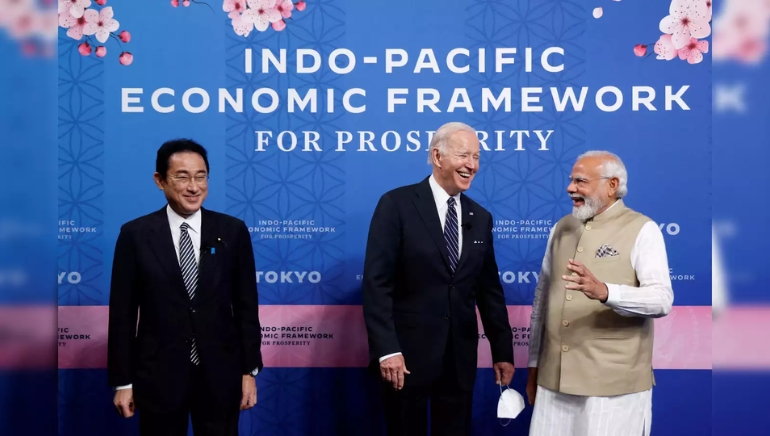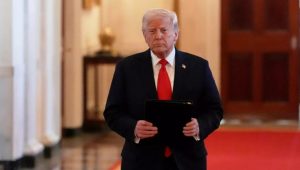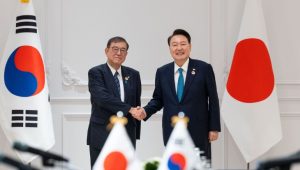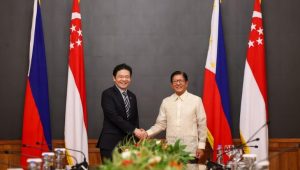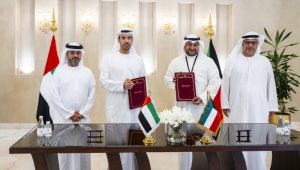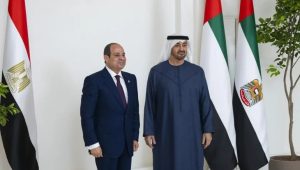India inked major agreements under the Indo-Pacific Economic Framework (IPEF) during Prime Minister Narendra Modi’s visit to the United States. The agreements are aimed at creating a clean and fair economy, supporting India’s goal of self-reliance, and strengthening collaboration with other IPEF members.
IPEF, a US-led project begun two years ago, has 14 members, including Australia, Japan, Korea, and the United States. India had already approved the supply chain resilience agreement and has recently signed agreements on a clean economy (Pillar III) and fair economy (Pillar IV).
The Clean Economy Agreement promotes investments, joint projects, and workforce development in sustainable energy, whereas the Fair Economy Agreement seeks to combat corruption, increase tax transparency, and reinforce India’s fight against money laundering and terror funding.
India’s participation in these accords is intended to further integrate its businesses into global value chains and drive innovation. The Union Cabinet approved the deals earlier this month, but they were delayed owing to domestic approval requirements. Concerns exist about the potential reliance on imports for renewable energy technologies, but India intends to protect local businesses during the transition.





